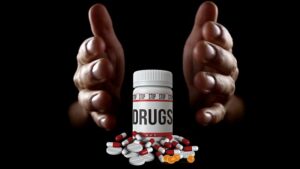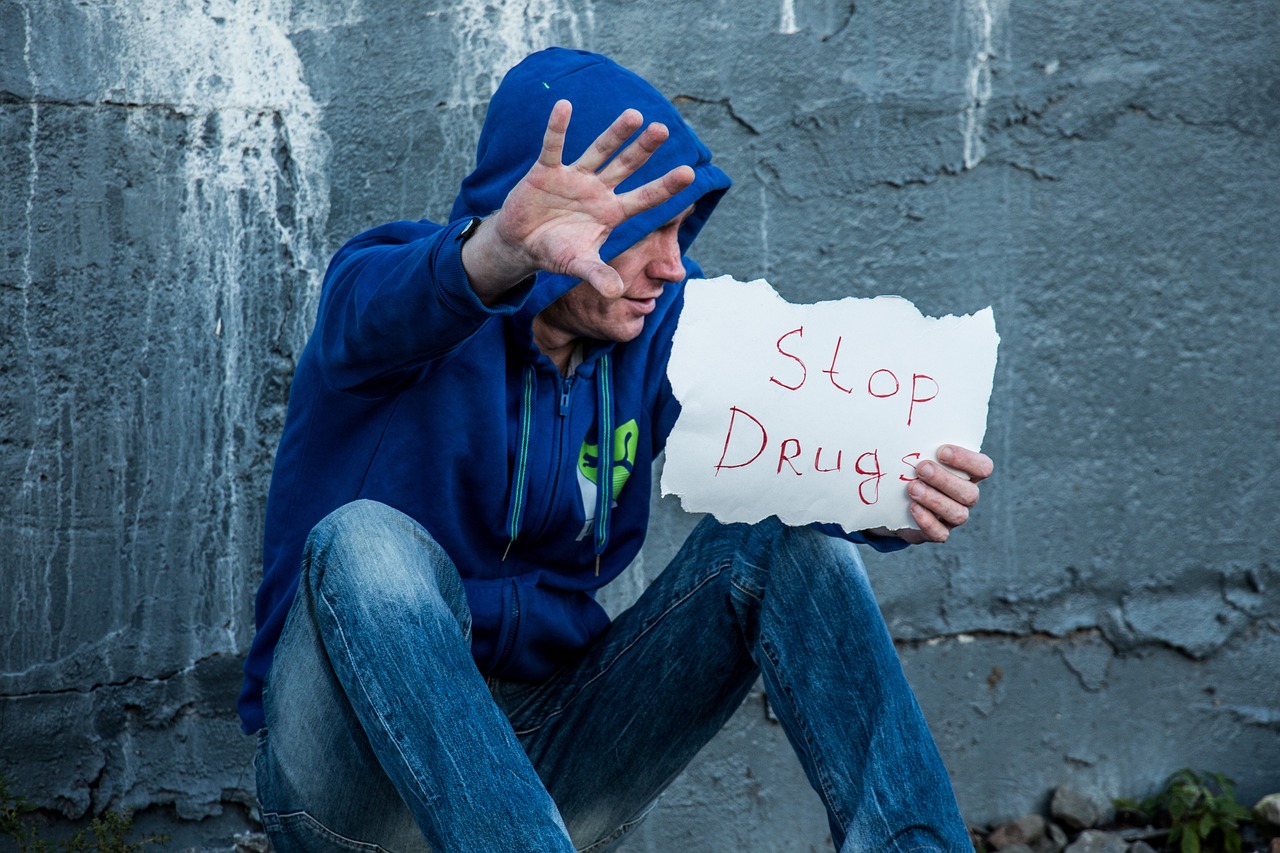From Detox to Sobriety: Unveiling the Stages of Drug Addiction Treatment
Welcome to our blog, where we’ll be taking a deep dive into the stages of drug addiction treatment. Addiction is a complex and challenging issue that affects millions of people worldwide. It can have devastating consequences on individuals and their loved ones, but there is hope for recovery. If you have an opiate addiction, you should consider visiting the West Palm Beach opiate addiction treatment clinic. In this article, we will uncover the journey from detox to sobriety, exploring each stage of drug addiction treatment along the way. Whether you or someone you know is struggling with addiction, gaining an understanding of these stages can provide valuable insight into the path toward healing. So grab a cup of coffee (or tea), get comfortable, and let’s begin unraveling the process that leads to lasting recovery.
Assessment and Intake
 Assessment and intake is the first crucial step in drug addiction treatment. It comprehensively evaluates an individual’s physical, psychological, and social well-being. This stage aims to gather information that will guide the development of an effective treatment plan tailored to meet each person’s unique needs. During the assessment process, trained professionals will conduct interviews and administer various tests to gain insight into the extent of addiction, any co-occurring mental health disorders, and other underlying factors contributing to substance abuse. This thorough evaluation helps determine the appropriate level of care required for successful recovery.
Assessment and intake is the first crucial step in drug addiction treatment. It comprehensively evaluates an individual’s physical, psychological, and social well-being. This stage aims to gather information that will guide the development of an effective treatment plan tailored to meet each person’s unique needs. During the assessment process, trained professionals will conduct interviews and administer various tests to gain insight into the extent of addiction, any co-occurring mental health disorders, and other underlying factors contributing to substance abuse. This thorough evaluation helps determine the appropriate level of care required for successful recovery.
Detoxification
Detoxification is often the first step on the road to recovery from drug addiction. It involves ridding the body of harmful substances and toxins built up over time. This process can be challenging both physically and mentally, as withdrawal symptoms can be intense. During detoxification, individuals may experience a range of symptoms, such as nausea, sweating, anxiety, and insomnia. These symptoms vary depending on the substance being abused and the individual’s overall health. Medical professionals are crucial in overseeing the detox process to ensure safety and minimize discomfort.
Inpatient/Residential Treatment
When it comes to drug addiction treatment, inpatient or residential treatment is often considered a vital step on the road to recovery. This level of care provides individuals with a structured and supportive environment where they can focus solely on their healing journey. During inpatient treatment, clients reside in a facility that offers round-the-clock medical supervision and support. This allows for close monitoring of detoxification if necessary, as well as ongoing management of any withdrawal symptoms. Moreover, being in an inpatient setting removes individuals from the temptations and triggers of their everyday lives.
Therapy and Counseling
Therapy and counseling play a vital role in drug addiction treatment, providing individuals with the tools and support they need to overcome their addiction. Through various therapeutic techniques, clients can address the underlying issues that contribute to their substance abuse. One of the most common forms of therapy is individual counseling, where clients work one-on-one with a therapist to explore their thoughts, emotions, and behaviors related to drug use. This type of therapy allows for personalized attention and tailored treatment plans based on the individual’s specific needs. Group therapy is another critical component of addiction treatment.

Aftercare and Continued Support
After completing inpatient or residential treatment, individuals with drug addiction often require ongoing support and care to maintain their sobriety. This is where aftercare and continued support come into play. Aftercare programs can involve a range of services tailored to each person’s unique needs. These may include individual counseling, group therapy sessions, 12-step meetings, educational workshops, and skills-building classes. The goal is to provide individuals with the tools they need to cope with triggers and cravings while also addressing any underlying mental health issues that may have contributed to their addiction.
It is worth noting that everyone’s path through drug addiction treatment will differ based on personal circumstances; there isn’t a one-size-fits-all approach. What remains constant across all stages of treatment is the need for compassion, understanding, and patience from healthcare professionals and family members and friends who serve as pillars of support throughout this challenging process. We hope that you have found this blog post helpful.…

